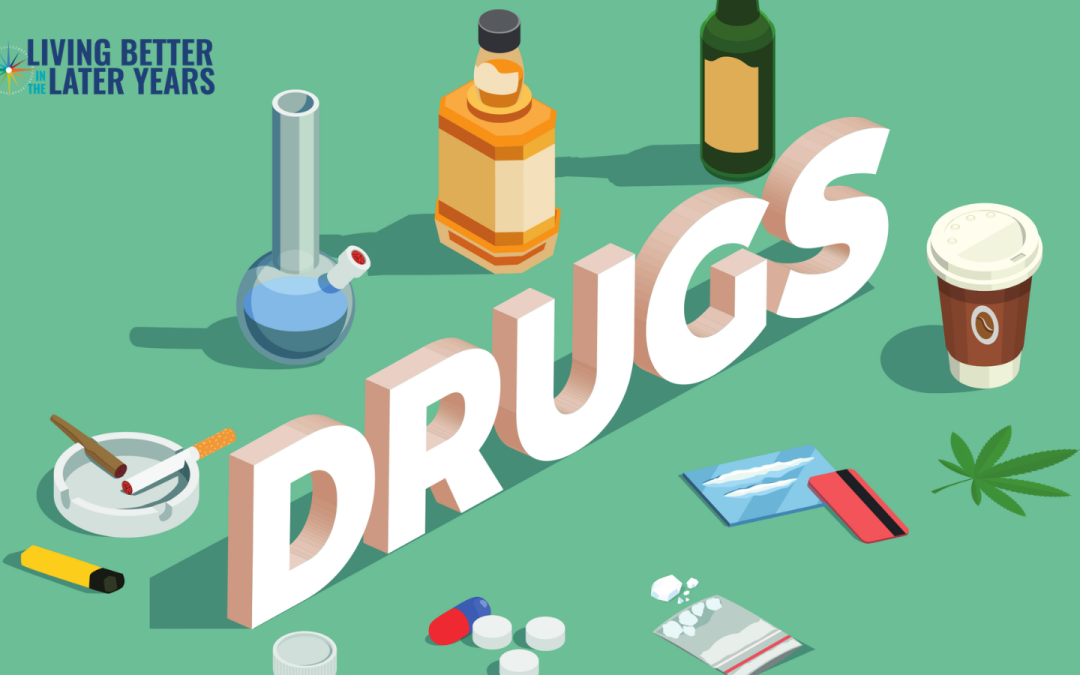Most people typically refer to drugs as “hard” or “soft” drugs. But what exactly do those terms mean?
- Hard Drugs are substances that are considered more potent and toxic, both physically and mentally. These highly addictive drugs cause the most damage to organs and natural functions in the shortest time. The following substances are generally considered hard drugs:
- Heroin
- Crystal methamphetamine
- Cocaine and crack
- Opioids
- PCP
- Ecstasy
- Ketamine
- Hallucinogens, such as LSD
- Soft Drugs are substances that are considered less harmful than hard drugs and produce little to no immediate physical or mental damage. These drugs are often legal to use or more socially acceptable than hard drugs. Soft drugs are often perceived as less physically and mentally addictive and less immediately harmful. They have earned the alternate title “gateway drugs” because long-term exposure can introduce future addiction and/or lead to serious health problems, including liver disease, impaired brain function, and several forms of cancer. The following substances are generally considered soft drugs:
- Alcohol
- Nicotine
- Marijuana
- DMT
- Psilocybin mushrooms, also called shrooms

